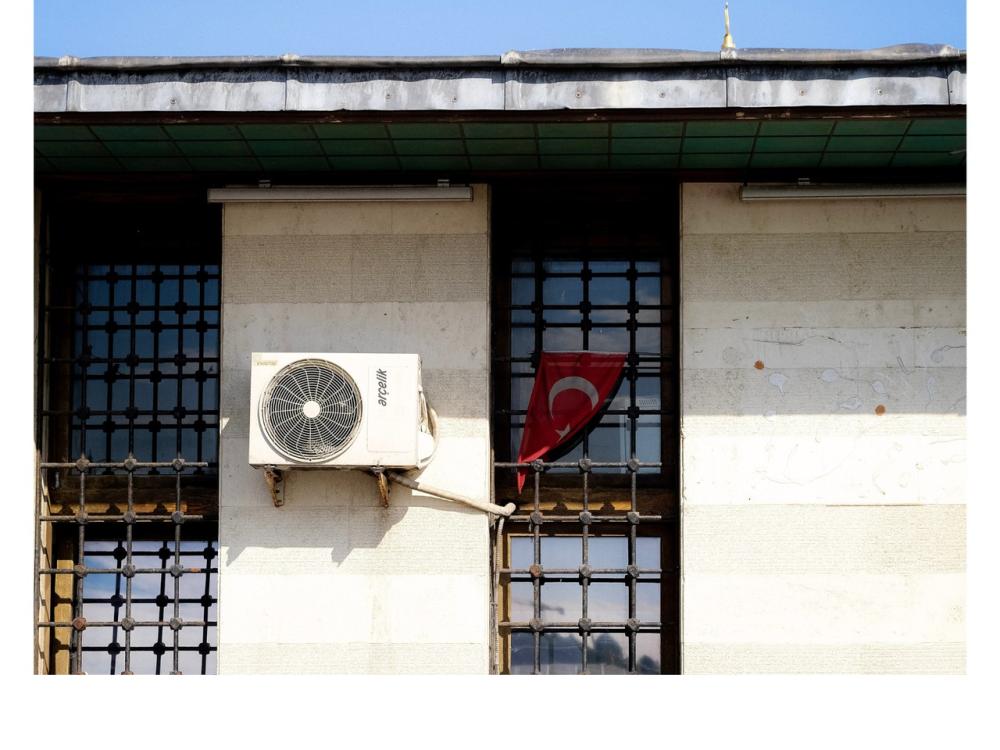Election campaign on the toughest migration policy?
On 14th May, Turkey is due to hold a parliamentary and presidential election that is attracting a lot of international attention as a “fateful election” because of its potential impact on domestic and foreign policy. After more than 20 years of governance by Recep Tayyip Erdoğan and his party, the AKP, a secular opposition consisting of six parties has rallied behind the social democrat Kemal Kılıçdaroğlu (CHP) for the first time. According to current polls, it is a neck-and-neck race between the two presidential candidates, meaning a change of government – and with it an associated political turnaround – in Turkey seems at least possible for the first time in decades.
In essence, the election campaign is about replacing or continuing Erdoğan's authoritarian and Islamic-conservative government. An election victory for the opposition would – according to the campaign pledges – be associated with a reinstallation of the rule of law and parliamentary democracy, which is why it should in principle be seen as positive in view of the severe restrictions on fundamental rights in Turkey. This article, however, focuses on the orientation of Turkish asylum and migration policy negotiated in the election programmes, which is particularly complex due to Turkey's geopolitical situation and its instrumentalisation as an EU buffer zone for refugee movements. We show that a victory of the government as well as of the opposition is linked to acute plans of isolation and that refugees and migrants are instrumentalized as political pawns in this election campaign. Learn more about the upcoming elections and its implications for people on the move.

